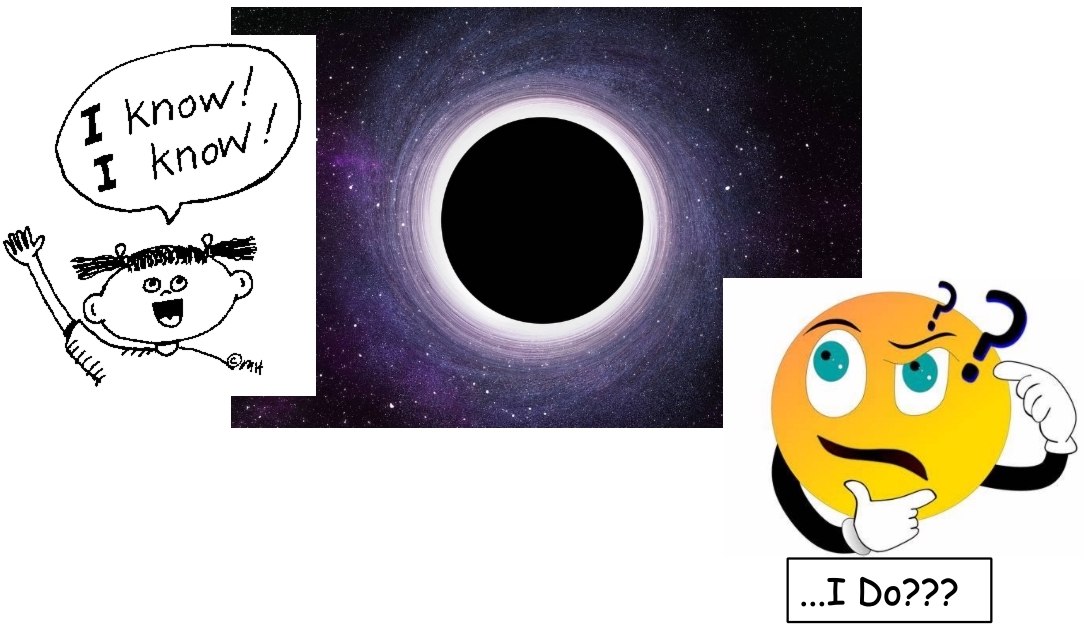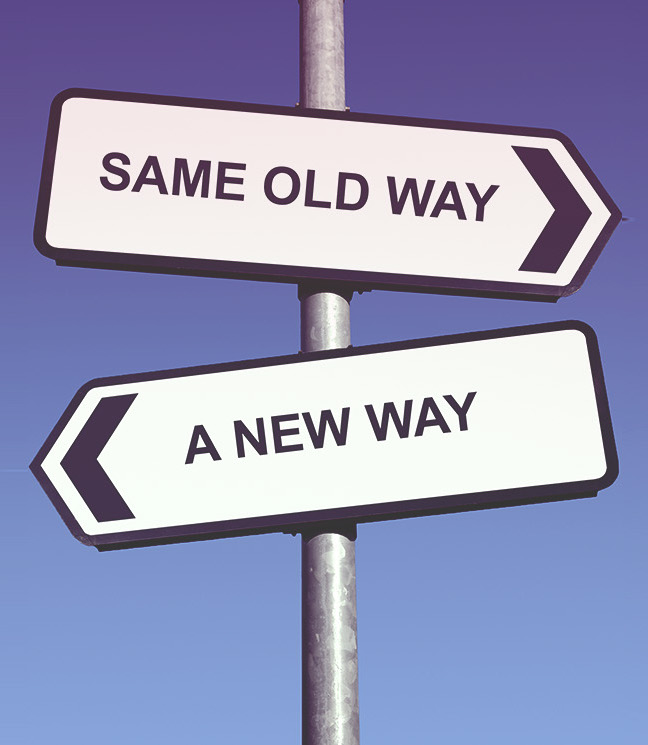
For most of us there is an obvious void between what we think and know, and what we actually do. This void can be a problem when we want favourable results in our lives.
The reason for this is what is called our paradigm.
A paradigm is a way of thinking and doing that we have learned or acquired from the environment and people around us over the years.
It can be likened to a computer program that runs our lives. It affects our values, it affects our beliefs and it affects our behaviour in general.
Importantly, the paradigm makes things difficult and uncomfortable when we try to oppose it.
For instance, someone believes that certain individuals have their best interest at heart, and they encounter that person doing the exact opposite.
It also affects our attitude toward life and the way we live it.
Yet sometimes our paradigm is not in our own interest. It can hold us back from achieving what we want, or what our true potential is.
For instance, a bad opinion (or experience) of 'selling' can hold back someone from being successful at doing so.
They may have beliefs such as 'all salesmen are crooks’.

Sleazy Salesman Sam!
That Evil Salesman!
Indeed, my grandmother had exactly that belief - even though her husband, my grandfather, was a successful salesman, eventually becoming the State Sales Manager for Electrolux vacuum cleaners!
(Indeed, he had to be… how else could he afford to feed a family of 7 children?)
This attitude towards selling permeated to my parents, and eventually to me and my siblings.
My father was discouraged from being a salesman and encouraged to become a doctor, which he dutifully did!
Another unproductive paradigm is the belief that 'I'll never be successful'.

The Way Out...
The key to success, therefore, involves breaking down the old paradigm and instituting a new and more productive one.
There are a number of ways this can be done - perhaps too many to mention here, except for a few examples such as hypnosis and the repetition of counter-beliefs to the one that is holding the person back.
Bear in mind, however, that repetition and memorisation, in and of themselves, do not mean understanding.
However, repeated exposure to the material, combined with thinking about it does lead to understanding, and in turn, adoption of the material.
One thing we can say about paradigms is that they are only maps of our current reality.
And as the philosopher Alfred Korzybski remarked, 'The map is not the territory’.
If you would like to watch the replay of a 3 day seminar on Paradigms given by the Proctor Gallagher Institute, please click here.
